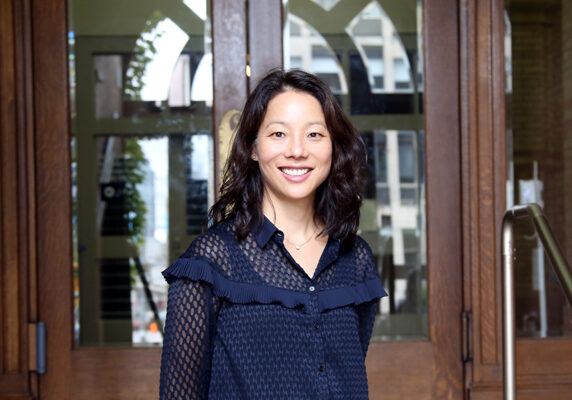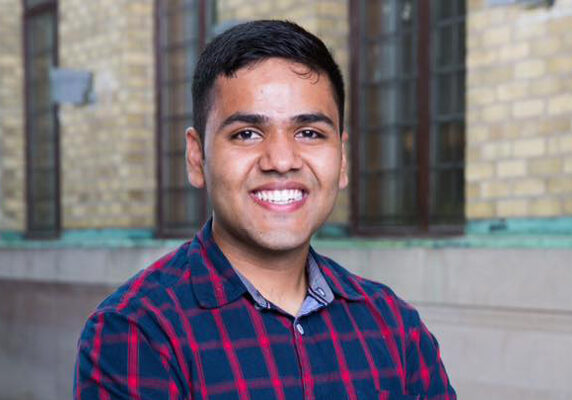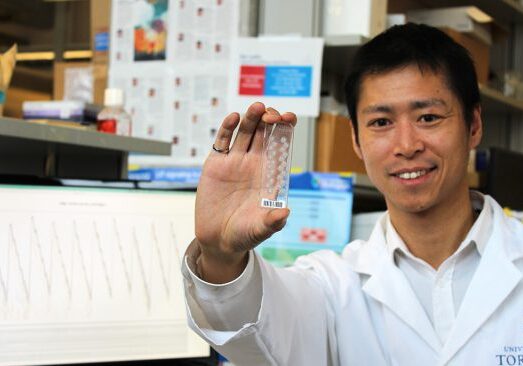
New stem cell-based gene test predicts patient risk in acute myeloid leukemia
IBBME PhD candidate Stanley Ng applies machine learning background to design smarter, faster test to help leukemia doctors select the best treatment for their patients
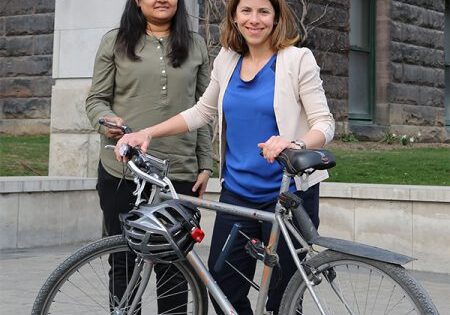
Two U of T Engineering researchers awarded Canada Research Chairs
CRC program aims to help the country attract and retain research leaders in engineering and the natural sciences, health sciences, humanities and social sciences
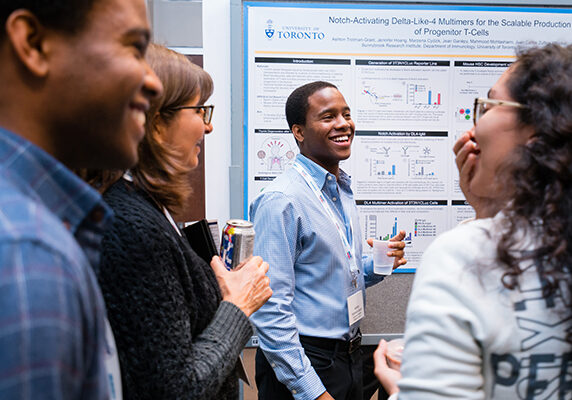
Medicine by Design symposium shines spotlight on regenerative medicine at U of T
“We are contributing something new by converging people from diverse disciplines — mathematics, the physical sciences, engineering, biology and medicine — around the big questions in regenerative medicine”
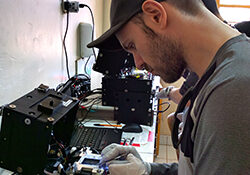
Hacking healthcare in a refugee camp
A team from University of Toronto, led by Professor Aaron Wheeler, took their lab-on-a-chip technology to remote Kenya to test refugees for measles and rubella — and push the limits of what academics can accomplish in the field
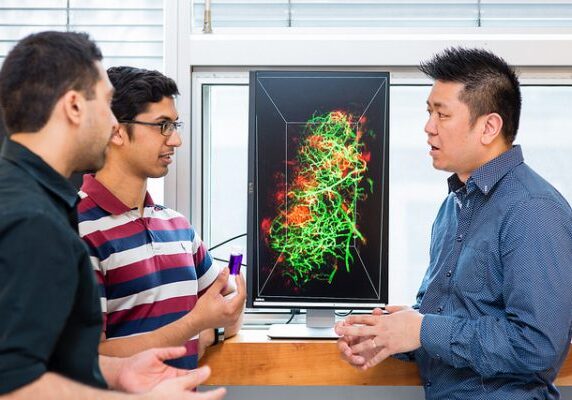
Warren Chan named U of T Distinguished Professor
Award recognizes individuals with highly distinguished accomplishments and those who display exceptional promise
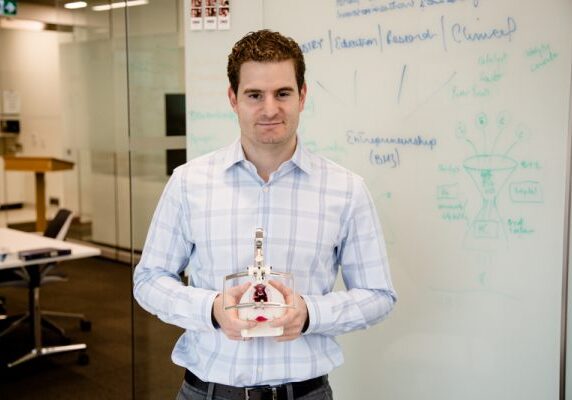
3D-printed cleft palate simulator improves surgery training
While working on robotic surgical tools to help with cleft palate surgery, Dale Podolsky created a cleft palate simulator which has been internationally recognized as an incredible training tool for surgeons
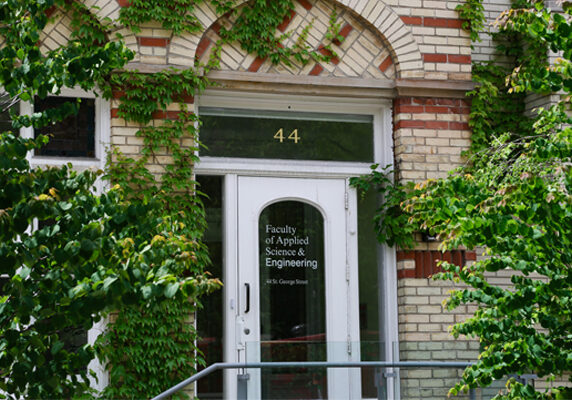
Meet 14 professors joining U of T Engineering
Fourteen new faculty members working at the leading edge of engineering education and research are joining U of T Engineering, slated to begin on or before July 1, 2017. Five of these professors hold appointments in more than one department. Each brings a unique passion for experiential engineering education, and their research addresses some of […]

